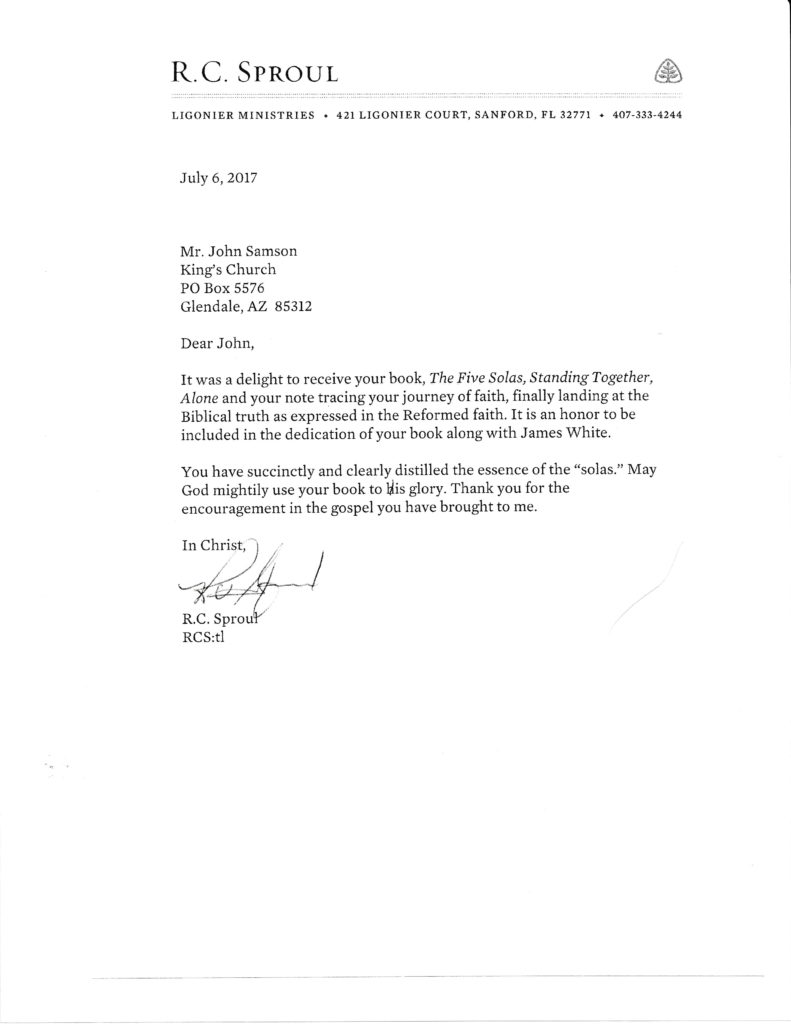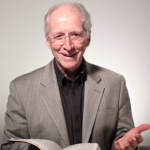 “You should not believe everything you read on the internet.” – Abraham Lincoln
“You should not believe everything you read on the internet.” – Abraham Lincoln
“To worship God we must know who God is, but we cannot know who God is unless God first chooses to reveal himself to us. God has done this in the Bible, which is why the Bible and the teaching of the Bible need to be central in our worship.” – James Montgomery Boice
“The Covenant of Redemption is the covenant entered into by the persons of the Trinity in the councils of eternity, with the Son mediating its benefits to the elect. This covenant is the basis for all of God’s purposes in nature and history, and it is the foundation and efficacy of the covenant of grace.” – Michael Horton
“The Church is in duty bound to guard its holiness by the exercise of proper discipline. The purpose of discipline in the Church is twofold. In the first place it seeks to carry into effect the law of Christ concerning the admission and exclusion of members; and in the second place it aims at promoting the spiritual edification of the members of the Church by securing their obedience to the laws of Christ. Both of these aims are subservient to a higher end, the maintenance of the holiness of the church of Jesus Christ. If there are diseased members, the Church will first of all seek to effect a cure, but if this proves impossible, it will put away the diseased member for the protection of the other members. While all the members of the Church are in duty bound to warn and admonish the wayward, only the officers of the Church can apply Church censures. The latter can deal with private sins only when these are brought to their attention according to the rule given in Matt. 18:15-17, but are in duty bound to deal with public sins even when no formal accusation is brought.” – Louis Berkhof
“A doctrine concerning Scripture’s attributes developed in the Reformation churches as a counter to Roman Catholicism on the one hand and Anabaptism on the other. The key issue was the nature and extent of scriptural authority. Rome honors church and tradition above Scripture, while Anabaptism respects the inner word at the expense of the external word of Scripture. In Roman Catholicism the precedence of the church over Scripture eventually led to the dogma of papal infallibility. Here, materially, Scripture is unnecessary. Over against this position, the Reformers posited their polemical doctrine of Scripture’s attributes: authority, necessity, sufficiency, and perspicuity.” – Herman Bavinck
“The best evidence of the Bible’s being the word of God is to be found between its covers. It proves itself.” – Charles Hodge
“Grace … eliminates boasting; it suffocates boasting: it silences any and all negotiations about our contribution before they can even begin. By definition we cannot ‘qualify’ for grace in any way, by any means, or through any action.” – Sinclair Ferguson
“What will it cost a man to be a true Christian? It will cost him his self-righteousness. He must cast away all pride and high thoughts, and conceit of his own goodness. He must be content to go to heaven as a poor sinner, saved only by free grace, and owing all to the merit and righteousness of another.” – J. C. Ryle
“Don’t let your feelings inform your doctrine, let your doctrine inform your feelings.” – Burk Parsons
“God Himself supplies the necessary condition to come to Jesus, that’s why it is ‘sola gratia,’ by grace alone, that we are saved.” – RC Sproul
“The king’s heart is a stream of water in the hand of the LORD;
he turns it wherever he will.” – Prov. 21:1
“If Yahweh is sovereign over the greatest human will, He is sovereign over all human wills.” – Dan Phillips
“Doctrinal preaching certainly bores the hypocrites; but it is only doctrinal preaching that will save Christ’s sheep.” – J. I. Packer
“The Trinity is the basis of the gospel, and the gospel is a declaration of the Trinity in action. The Father purposing redemption, the Son securing it and the Spirit applying it.” – J. I. Packer
“To lay hold of and receive the gospel by a true and saving faith is an act of the soul that has been made a new creature, which is the workmanship of God… Wherefore whoever receiveth the grace that is tendered in the gospel, they must be quickened by the power of God, their eyes must be opened, their understandings illuminated, their ears unstopped, their hearts circumcised, their wills also rectified, and the Son of God revealed in them.” ~John Bunyan
“This is true religion, to approve what God approves, to hate what he hates, and to delight in what delights him.” – Charles Hodge
Dr. Kathy Koch has a saying that reflects the biblical thought Paul express in 1 Cor.15:33. She notes, “Show me your friends, and I will show you your future.”
“Rome often claims that it represents two thousand years of unbroken apostolic succession and practice. The implication is that no fundamental changes have taken place in the church, but only a legitimate development of principles found at the beginning. I believe that this historical claim is profoundly false, and that in the interests of truth and biblical religion it must be challenged.” – W. Robert Godfrey
Sin…
is a blind,
anti-God,
egocentric energy
in the fallen human spiritual system,
ever fomenting
self-centered and self- deceiving desires,
ambitions,
purposes,
plans,
attitudes,
and behaviors…
Remember that sin desensitizes you
to itself.
– J. I. Packer Continue reading →
 Article: R. C. Sproul: God is Satisfied (original source here)
Article: R. C. Sproul: God is Satisfied (original source here) 
 Article: R. C. Sproul: Are Those Who Have Never Heard of Christ Going to Hell? (original source
Article: R. C. Sproul: Are Those Who Have Never Heard of Christ Going to Hell? (original source 
 “You should not believe everything you read on the internet.” – Abraham Lincoln
“You should not believe everything you read on the internet.” – Abraham Lincoln Article by Dr. Sam Storms: 10 THINGS YOU SHOULD KNOW ABOUT JAMES ARMINIUS AND ARMINIANISM (original source
Article by Dr. Sam Storms: 10 THINGS YOU SHOULD KNOW ABOUT JAMES ARMINIUS AND ARMINIANISM (original source  Interview with Dr. John Piper: Watershed Differences Between Calvinists and Arminians (original source
Interview with Dr. John Piper: Watershed Differences Between Calvinists and Arminians (original source